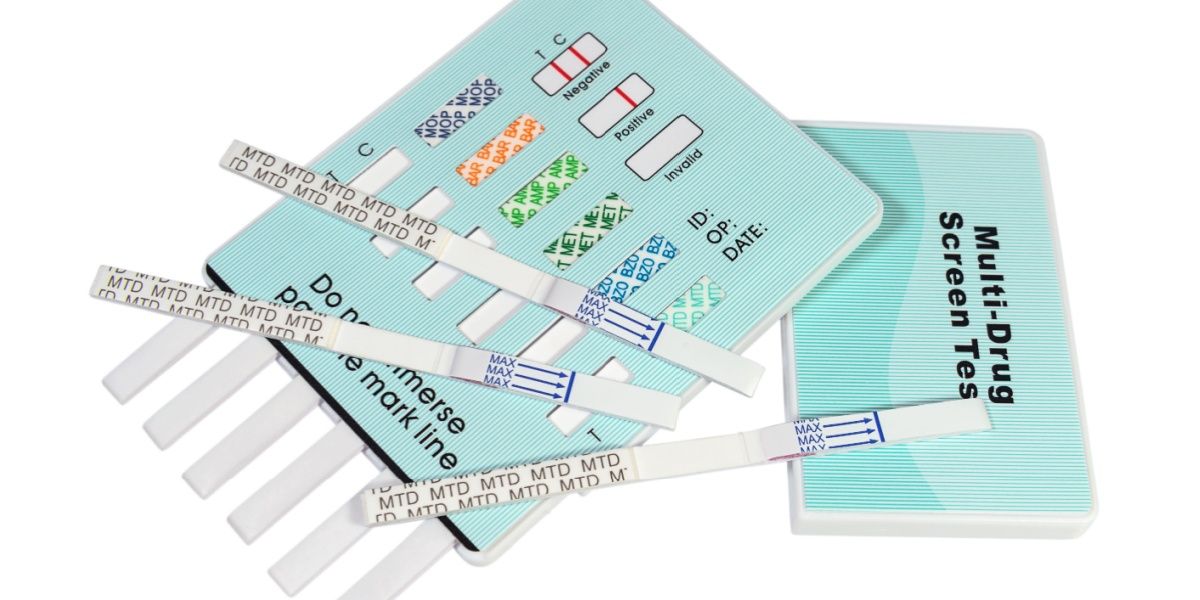Codeine is an opioid analgesic medication, regularly used to treat moderate pain as well as in cough medicines like Tylenol. It is a highly addictive substance, with the potential for abuse, dependence, and withdrawal when codeine use stops. [1][2]

Does codeine cause withdrawal symptoms?
It is common to experience withdrawal symptoms when stopping prolonged and heavy codeine use. However, if someone uses codeine for a short period or in small doses, it is less likely that they will experience withdrawal symptoms when stopping. [1]
Codeine can cause mild to severe opioid withdrawal symptoms, which can depend on the amount, duration, and type of use. Withdrawal symptoms are more likely when codeine is stopped abruptly, so it is recommended to make gradual dose reductions when stopping. [3]
Although codeine is less potent than other opioid medications, it is a widely abused substance with a potential for dependence and addiction. People who regularly use codeine, whether as prescribed or illicitly, can develop tolerance and dependence within several weeks of use, which increases the risk of withdrawal symptoms. [2]
Tolerance develops with continued use and causes the effects of the substance to become reduced. This can lead to the use of larger and more frequent doses to achieve the desired effects, increasing the risk of dependence. When dependence develops, the body becomes reliant on the effects of the medication. Therefore, when use is stopped, withdrawal symptoms occur as the effects wear off. [1]
Withdrawal symptoms might also be caused by the administration of an opioid antagonist, such as naloxone or naltrexone, in those with significant codeine dependence. [4]
Codeine withdrawal symptoms
Common codeine withdrawal symptoms include: [1][3]
- Yawning
- Chills
- Sweating
- Irritability
- Low mood
- Anxiety
- Teary eyes
- Runny nose
- Insomnia
- Aches and pains
- Nausea
- Vomiting
- Diarrhea
- Increased blood pressure, heart rate, and breathing rate
- Reduced appetite
- Stomach pain and cramps
- Weakness
Typically, codeine withdrawal symptoms will not be severe or life-threatening. However, in some cases, withdrawal could lead to severe outcomes such as dehydration caused by persistent vomiting and diarrhea, which can cause cardiac issues. [5]
Severe withdrawal symptoms are more likely in those who have used large doses of codeine for a long period, followed by abrupt discontinuation. [1]
Codeine withdrawal timeline
Withdrawal symptoms are likely to start within 24 hours of the last dose of codeine. They may be at their most severe within the first few days and will often begin to reduce after this time. For some people, symptoms can persist for several weeks, including changes in mood and sleep, and drug cravings. [5][6]
The severity and duration of withdrawal symptoms can be increased in those with heavy and prolonged codeine use and may be worsened by underlying physical or mental health conditions. [1]
Codeine cessation timeline
It is recommended to gradually taper off codeine after prolonged use, to help reduce the severity of withdrawal symptoms. A safe and appropriate rate of cessation will vary from person to person and depend on their needs. Someone with a significant codeine dependence will require a slower cessation than someone who has used codeine for a shorter period. [1][7]
A typical cessation timeline will involve a 10-50% dose reduction every few days to weeks. For example, someone taking 300mg of codeine per day might require a 30mg dose reduction every two weeks. Someone taking 30mg per day might halve their dose to 15mg per day for a few days, followed by a complete cessation. [1]
During the cessation process, withdrawal symptoms can be monitored and treated, and cessation can be paused or slowed to allow for withdrawal symptoms to be alleviated.
Is codeine safe to withdraw from at home?
For some people, it may be safe to withdraw from codeine at home. However, people who have used large amounts of codeine for a prolonged period and have developed a severe dependence may not be safe to withdraw at home. Codeine withdrawal can cause unpleasant and sometimes dangerous symptoms that require professional monitoring and treatment. [8]
Individuals who wish to withdraw from codeine at home should ensure they consult with a doctor for professional advice. It can also be beneficial to inform friends or family members, who can help monitor for severe withdrawal symptoms and provide support in the withdrawal process. It is also important to ensure proper hydration during this time to prevent adverse effects. [5][8]
Codeine detox treatment
Individuals using small doses of codeine for a short period might be able to stop their medication with no adverse effects or may need to utilize a short cessation schedule. Professional advice and guidance should be utilized during this time.
Individuals who have developed a severe dependence on codeine may require more extensive interventions to reduce and stop codeine use with professional monitoring and treatment. This might involve outpatient or inpatient treatment and the use of medically assisted detox. [1][8]
Medications commonly used in codeine detox include: [6][8]
- Opioid replacement therapy: Opioid agonists, such as buprenorphine and methadone, are commonly used to treat opioid use disorders, such as codeine dependence. They can help prevent withdrawal symptoms and cravings that occur during detox and may be helpful in ongoing treatment to maintain abstinence.
- Symptom management: Medications can be prescribed to help reduce withdrawal symptoms during the detox process. For example, clonidine can reduce symptoms such as shaking, nausea, vomiting, and increased blood pressure. Benzodiazepines and antidepressants might be prescribed short-term to reduce insomnia and mood changes.
Following codeine detox, it can be beneficial to utilize ongoing treatment interventions to improve the recovery process and prevent relapse. This can include psychotherapy, support groups, holistic interventions, and non-opioid pain management. [7][8]




-guide-detail.jpg?v=1756808574)